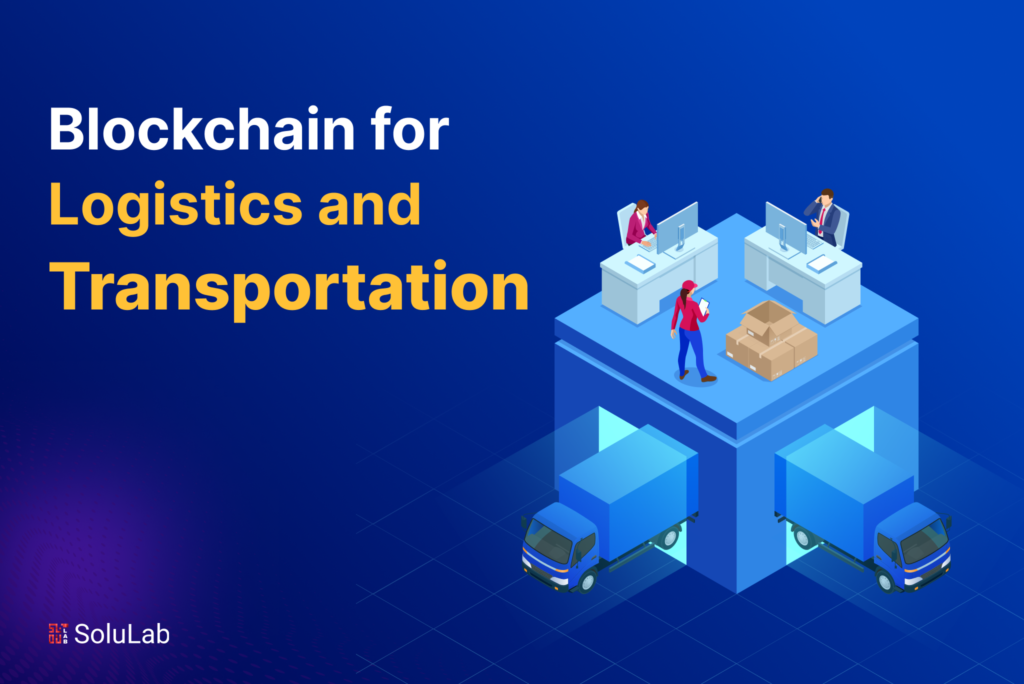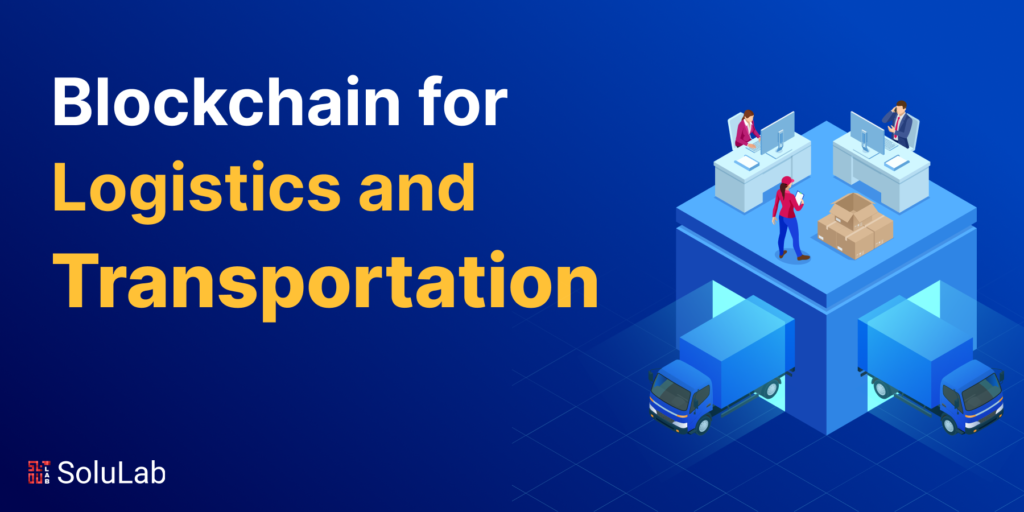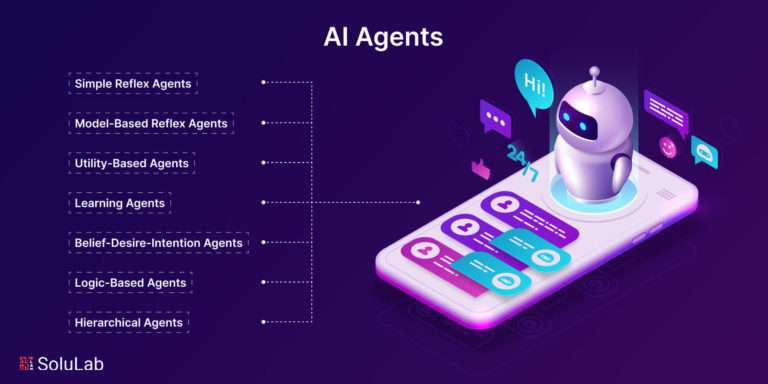
The logistics and transportation industry’s efficiency directly impacts a country’s economic growth rate and GDP. Based on the cost-effectiveness and efficiency of the Logistics industry, experts can determine whether an economy will rise or boom, the pain points, and the strength of an ecosystem.
The Indian logistics and transportation industry is heavily affected by factors like poor roads, infrastructure, corruption, and complex transportation rules and regulations. Although organizations like Amazon and Flipkart have developed efficient logistics systems,it is still a long way for the logistics industry. Their combined total transportation requirement is 15% of total Indian logistics and transportation activities. The rest, 85%, is occupied by the moderately organized to unorganized logistics industry. The Average logistics costs in India is around 14-16%, which is much higher than the global average of 5-8%. In other words, a manufactured product of INR 100, will have 15% logistics costs. If India needs to contribute to global supply chain requirements of the next decades, it needs to greatly cut down the logistics.
The recent Indian logistics Policy has promised efficient logistics models covering all forms of transportation..This hub and spoke model by the government will reduce freight costs, enhance the economic benefits of transportation, and bring efficiency across the logistics system. We will see 5G, IOT, telecommunication, telematics, AI ML technologies used efficiently to improve the needs of this industry. A streamline will also happen within different departments of government to reduce approvals and delays in processing. Although this looks simple, the challenge lies in governance, collaboration and efficient communication. This is where technology like Blockchain can help streamline and make systems more efficient to deliver expected results.
We’ll explain how blockchain can add up a layer to this policy to bring more efficiency through the process.
Primary Logistics and Transportation Industry Challenges
Communication Gaps:
The communication happens in Silos. Although logistics is fairly automated, the real time communication is not effectively managed through the use of Telecommunication, vehicle telematics, IOT to avoid delays. Research also shows that Truck driver’s use of smartphones is limited. Poor internet connectivity also adds to the woes.
Transportation activities can be divided into two segments. One is the in-house transportation department; the second one is transportation outsourcing. The majority of giant manufacturers have their in-house transportation ecosystem that uses strategies to streamline their Logistics. However, India needs comprehensive logistics protocols that could help both big and small manufacturing companies to reduce the cost of goods sold.
Aggregators and startups have helped improve communications, using the latest technologies such as GPS tracking, location mapping, telematics etc. Though it needs to be well coordinated. And transportation is not restricted to the road alone. A platform for all modes of transportation is the need of the hour. The Government’s plans to have a new policy will focus on these areas.
Transporting & Shipping Inefficiency
Reports indicate that rail transportation is the most economical and cheap medium of transportation, following road, water, and air. Still, 70% of the transportation happens through roads, as India lacks enough railway lines focussed purely for goods transportation. Goods carriers and passenger trains use the same lines and routes. This causes delays in delivery. . Moreover, railways require multi-level transportation systems to load, unload, and deliver the product to the distributor. Hence, road transportation is chosen as the primary form of transportation.
Road transportation has its own challenges.. Lack of a proper road system, corruption, inter state approvals and time delays makes road transportation painful for logistic companies. Water transport is also economical, yet coastal ports need improvement in warehouse management to store and distribute goods. It requires more collection hubs, ship docking ports to manage faster movements of goods. The water transportation also needs a fair amount of road transportation support to deliver goods to the end points. Water transportation is still the best option for High volume goods and heavy machinery exports. Air transportation also needs support from road transportation. All modes of transportation require each other to effectively coordinate and reduce the logistics cost.
Inefficient Approval System
Logistics industry has a higher level of bureaucratic interference and delays. Permissions from the transportation ministry, inter state departments take a bulk of time. This impacts the cost of goods sold.
The Indian logistics sector is vast and complex, with more than 20 government agencies, 500 certifications, and numerous export promotion councils to transport 10000 communities. Hence, getting approval takes more time than the actual process. Also, those government agencies and export promotion councils aren’t connected and modernized, so one routing vehicle has to manage multiple permission centers to get approval. Mostly, drivers and vehicle carriers have to submit transportation files to government-entitled bodies, which slows down the gross transportation process. Unless the government simplifies the permission granting system, this loophole will waste many useful resources.
International or cross-border transportation is very complicated; sometimes, it takes more than 15 days to submit, verify and permit the logistics process. Sometimes, these inefficient processes damage products, affecting the whole industry heavily.
Let’s see how technology will come in handy to solve complexities regarding logistics and transportation.
Technologies Required Solving Logistics And Transportation
-
Telecommunication System
An effortless logistics system requires an effective telecommunication system – vehicle telematics, GPS, 5G WiFi internet, system to coordinate the movements, reduce traffic and improve communication. Telecommunication systems also help in capturing real time data to avoid unexpected situations that can delay the delivery. Real time movement of goods, product delivery and pick-up systems can be tracked and automated through GPS enabled blockchain systems. Smart Contracts will automate approval processes, notify companies, track vehicles and product status, and help in informed decision making. The rest of the process, or storing every data, can be done by a blockchain-enabled distributed ledger.
-
IoT
IoT is an important technology that can be help in capturing real time data through sensor enabled systems. It helps in both tracking and collection of data for data analytics. The patterns can be processed through AI ML features to predict future scenarios that aids decision making. logistics and transportation system. Whether we’re using blockchain or any other developed technology, the process will still be inefficient without smart hardware. IoT will add a body to the next-gen logistics system, making the actual connection between endpoints. IoT sensors will take real-time data and every endpoint, taking every necessary information about the vehicle, the products, estimated delivery time, the vehicle’s efficiency, etc.
How Blockchain Can Play A Role In Logistics Cost Reduction
Blockchain will be the x-factor in the logistics system, in managing complicated information sharing between different departments, stakeholders. It is an effective technology to manage governance, and improve collaboration and communication between different stakeholders.
Blockchain benefits also extend in interoperability of systems. It can work as a layer to help communicate between different technology and systems and minimize confusion and chaos.
Lastly it is an effective technology to manage complex data, trace and track data and prevent data theft that could lead to data security challenges while transporting goods of high value and importance.
The usage of blockchain also extends to records keeping, order management, approvals, purchase, sourcing and data security.
Blockchain implementation can incentivize the total transportation and logistics ecosystem and improve efficiency. AI and ML, and IoT-enabled blockchain can redefine logistics process and systems and reduce overall logistic costs.
The Warehouse Concept and Hub and Spoke System
Hub and Spoke system, which is one of the prominent things in the Indian New Logistics Policy, can’t work effectively without automation and advanced data analysis. Machine Learning enabled Smart contracts can automate the vehicle and route selection system more efficiently than the GPS system. A ULIP (Unified Logistics Interface system)without blockchain will be half efficient. Blockchain Smart Contracts can streamline the entire governance process helping all departments of transport to seamlessly coordinate and communicate. Data silos, silo communications are avoided through blockchain.
Warehousing systems or mega hubs will work on the basis of IoT based blockchain systems, recording and automating the loading and maintenance of the stored commodities. Hubs can remove point-to-point logistics systems, saving fuel and using fewer vehicles, and blockchain can contribute a great amount in governing the entrire hub and spoke centeres.
How Blockchain Can Increase Governance in Logistics & Transportation
The main agenda of blockchain is establishing governance through the gross working network. Using blockchain-based business models, businesses, workers, or participants working within a company or organization can share resources, useful information, and real-time logistics reports.
Data shared within a blockchain network are secured through cryptographic protocols, so there is no fear of data stealing and misplacing. Moreover, data and information can’t be used negatively or manipulated, as blockchain protocols enable immutability over the distributed ledger.
The gross logistics status of an organization can be streamlined and stored through IoT enabled blockchain system, making the logistics process more efficient, effortless, productive, and hassle-free.
Conclusion
All the emerging technology with blockchain systems can add up advancement and security within different layers of Indian Logistics Policy. Moreover, blockchain’s 6 point advantages include – Governance, transparency, data traceability, immutability, Interoperability and collaboration. Probability is 99% that malicious actors can’t harm the logistics system. Together, blockchain will play a major role in India’s emerging advanced logistics system.





